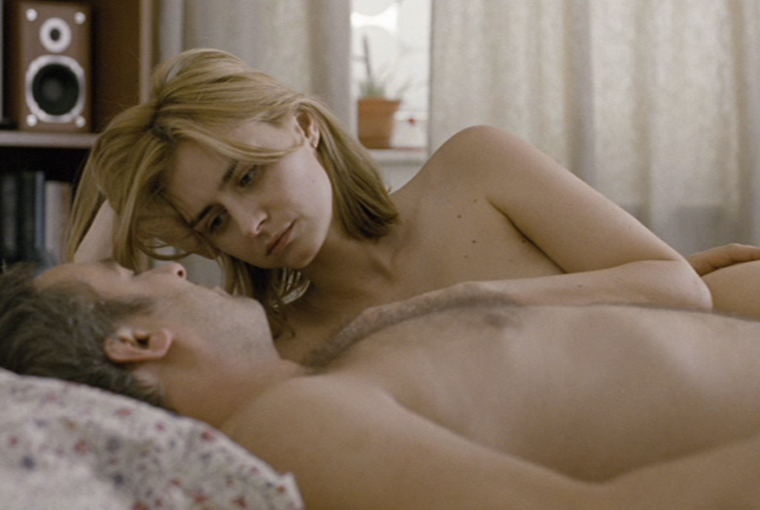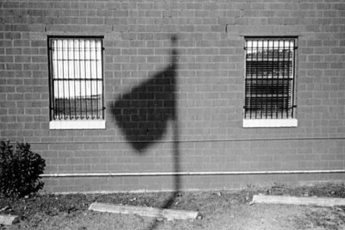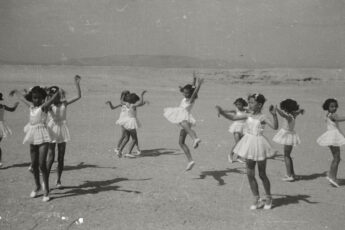Doppelgänger
Radu Muntean’s Tuesday after Christmas (Marti, dupa craciun, 2010)
Vol. 1 (January 2011) by Konstanty Kuzma
Tuesday after Christmas – the fourth movie by Romanian director Radu Muntean – begins with two lovers. Paul and Raluca lay naked on a bed, talking. They speak about little things. There is no tension, no conflict in the scene. But soon we find out that Paul has a second life. A life where he is not open – not naked- but hiding behind a mask. Paul has two women in his life: his wife Adriana- the mother of his daughter-, and his lover Raluca- the woman he loves. The first scene – a single shot of the two embraced bodies stretched out over the bed – is followed by a scene of Paul and Adriana buying Christmas presents: an image of sexual energy followed by one that embodies routine and impotence. It is before Christmas, the status quo that has yet to be questioned. Paul is driven between duty and love, but he decides to choose both: like so many men and anti-heroes before him, Paul takes the only way out to preserve the life he knows without having to suppress his feelings. He stays with Adriana and his child, and he stays with Raluca.
The camera plays its role in establishing the two worlds Paul has fallen into. There is very little space on screen, the camera follows the characters moving on the screen and creates a tense space. Cuts are only used if necessary, ergo to end a scene or to contrast the family world with the world of feelings. The rhythm of the film is vague in the beginning, but soon takes on subtle dynamics. When Paul takes his daughter to the dentist – who is his lover Raluca – his wife decides to come along. Finally, the two worlds confront. After the event, marriage and love do not seem inseparable anymore, they cannot be lied apart any longer.
Now, Muntean turns an every-day scene into the turning point of the story. Standing in the kitchen by the sink with an IKEA cup in his hands – out of the blue -, Paul tells Adriana that he has been seeing another woman. Finally, Paul stands in front of his wife the way he is, like a man. But instead of a story-based resolution, Muntean exposes Paul and the audience to Adriana, the victim. Adriana makes use of the situation she is thrown into and confronts Paul. Adriana is punished innocently, and Paul pays for it by being trialed and emasculated.
In the final scene – on Christmas – it is the wife who is defeated. As if to reconstitute her lost sexuality towards Paul and negate the image of the mother, she appears with a prominent cleavage. But Paul has resolved the conflict, their marriage has ended. Soberly, they discuss the modalities of their divorce. It is their last Christmas, a show for Paul`s parents and their little daughter. Together, they play the game Paul has long played: a masquerade to delay unhappiness. On the other hand, it seems as if Paul and Adriana are happy playing their little game. As the title suggests, life continues.




Leave a Comment